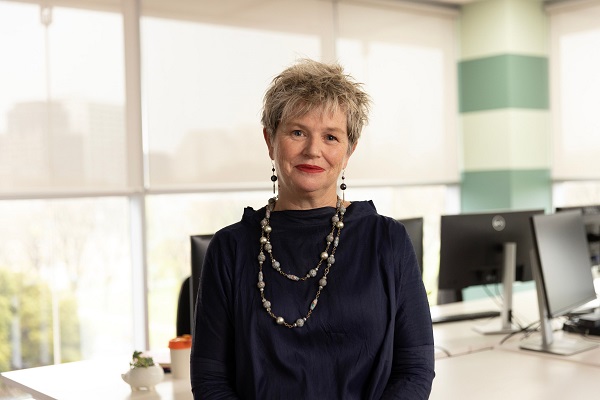
It is estimated 70,000 Australians have hepatitis C, but many are unaware of it.
Burnet's deputy director of programs, Professor Margaret Hellard AM, told ABC’s 7.30 program that we're at a crucial juncture to meet the Australian Government's goal of eliminating hepatitis C as a public health threat by 2030.
“We've done really well so far [and] made enormous progress, with over 100,000 Australians being cured of hepatitis C,” she told 7.30.
“[But if] treatment uptake doesn't increase, we're going to struggle to reach our elimination targets ... the number of people taking up treatment has dramatically slowed.”
Hepatitis C is a viral infection that affects the liver, leading to inflammation and potentially causing long-term liver damage.
It’s spread by blood-to-blood contact, which includes sharing needles.
While there is a cure, direct-acting antivirals (DAAs), Professor Hellard said many people with hepatitis C faced barriers to testing and treatment.
“That's to do with structures, stigma, discrimination, and really the complexity around hepatitis C,” she told 7.30.
“Critically, we see this within the Aboriginal community.
“With the 70,000 or so [Australians] left untreated, it's estimated that we've still got 20,000 Aboriginal and Torres Strait Islander peoples yet to be treated.”
Many people with hepatitis C are current or former intravenous drug users, despite this, most Australian prisons do not have a needle and syringe program.
Professor Hellard said it was possible to eliminate hepatitis C without needle exchanges in prisons, but it would be much more difficult: “It's like being in a fight with one arm tied behind your back."
"We know that injecting occurs in prisons, so why not provide appropriate harm reduction and care for people?" she said.
"It makes no sense to me that we don't have an evidence-based approach to health in all sectors of the community."
To eliminate hepatitis C in Australia, it's essential to overcome barriers to testing and treatment, increase support for harm reduction, and ensure that all communities have equitable access to care, Professor Hellard said.
Watch the full report on ABC 7.30: ‘Hepatitis C is now curable but eliminating the disease from Australia comes with large challenges’.
